Speakers
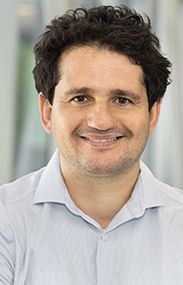
Ismail Ben Ayed
École de Technologie Supérieure, Canada
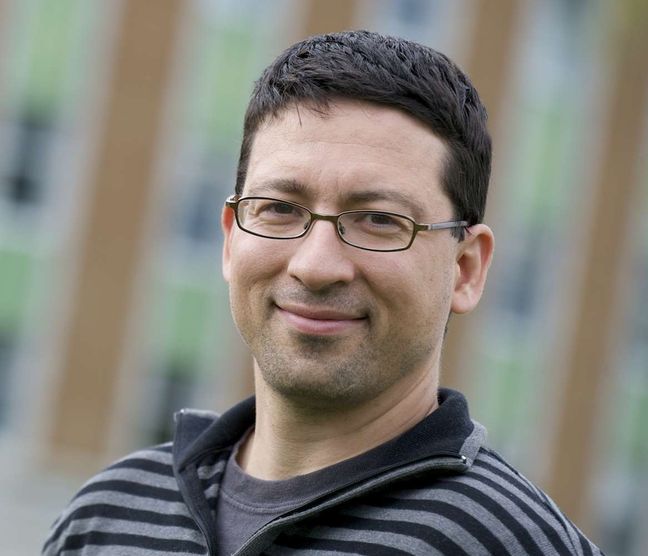
Pierre-Marc Jodoin
Université de Sherbrooke, Canada
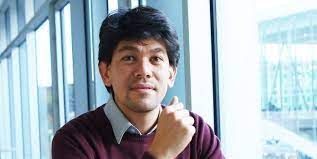
Hervé Lombaert
École de technologie supérieure, Canada
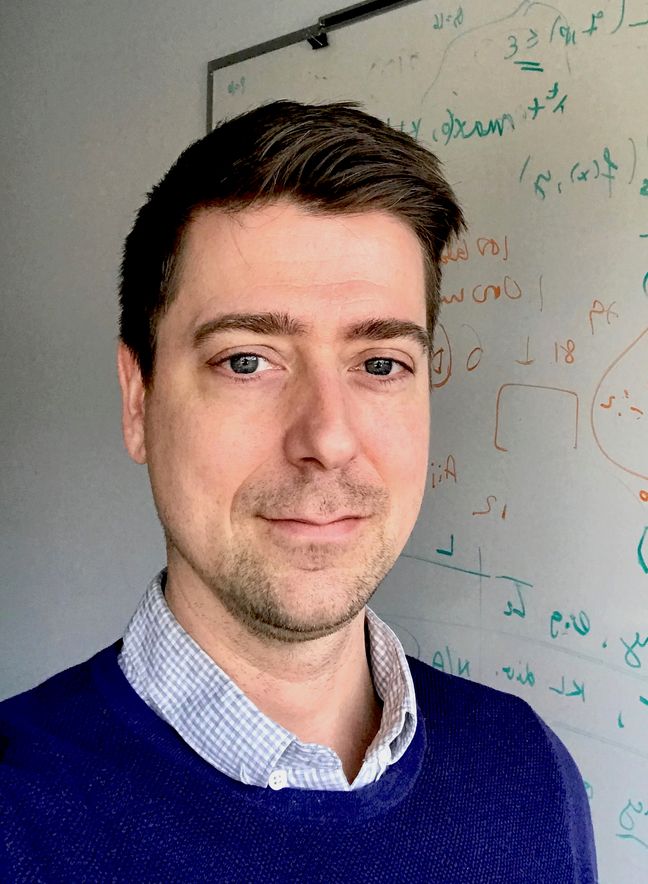
Christian Desrosiers
École de Technologie Supérieure, Canada
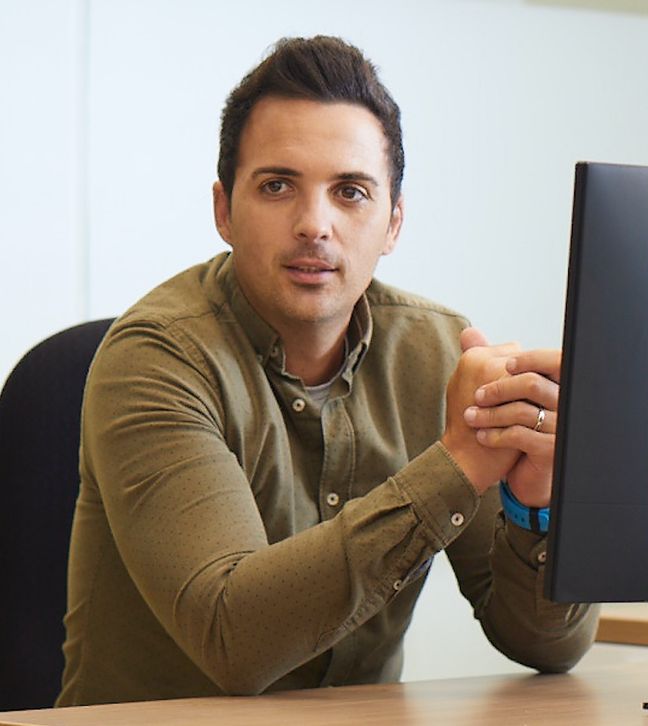
Jose Dolz
École de technologie supérieure, Canada
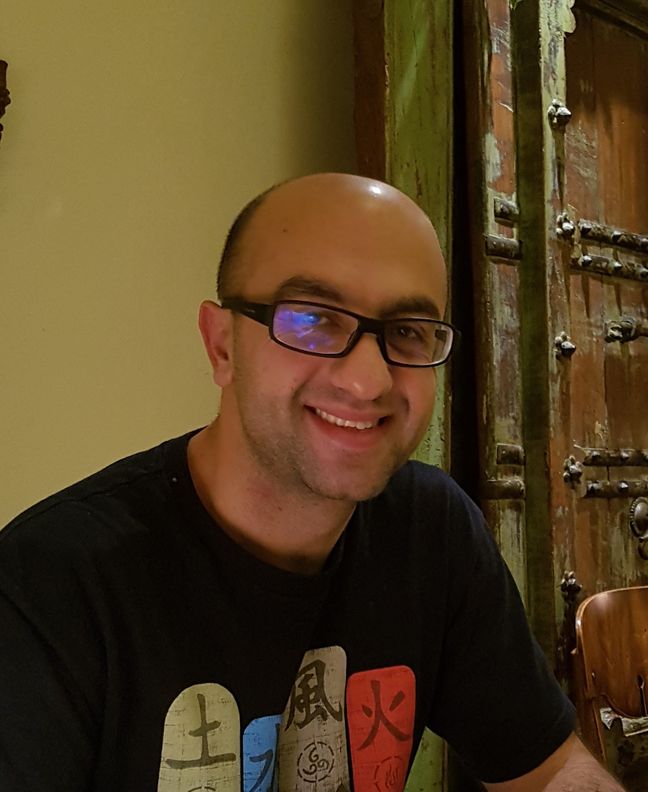
Mohammad Havaei
Imagia solutions inc
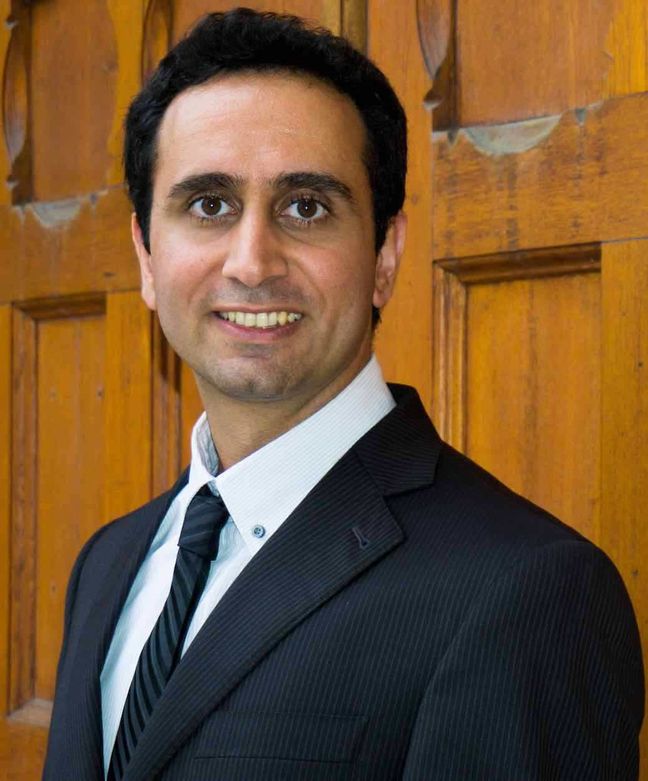
Hassan Rivaz
Concordia University
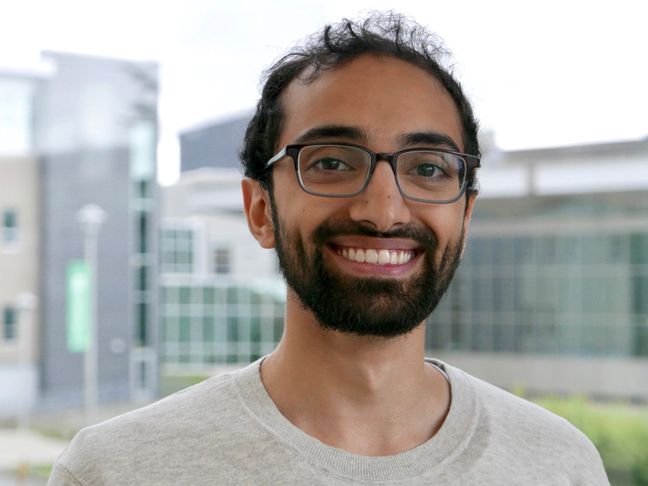
Ryeyan Taseen
Université de Sherbrooke - Cambridge Memorial Hospital
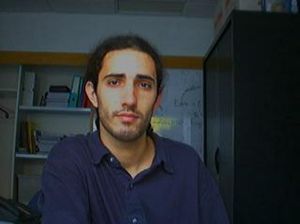
Michaël Sdika
Université de Lyon
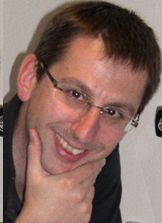
Thomas Grenier
INSA de Lyon
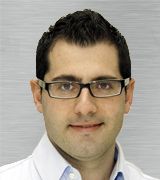
Samuel Kadoury
École Polytechnique de Montréal